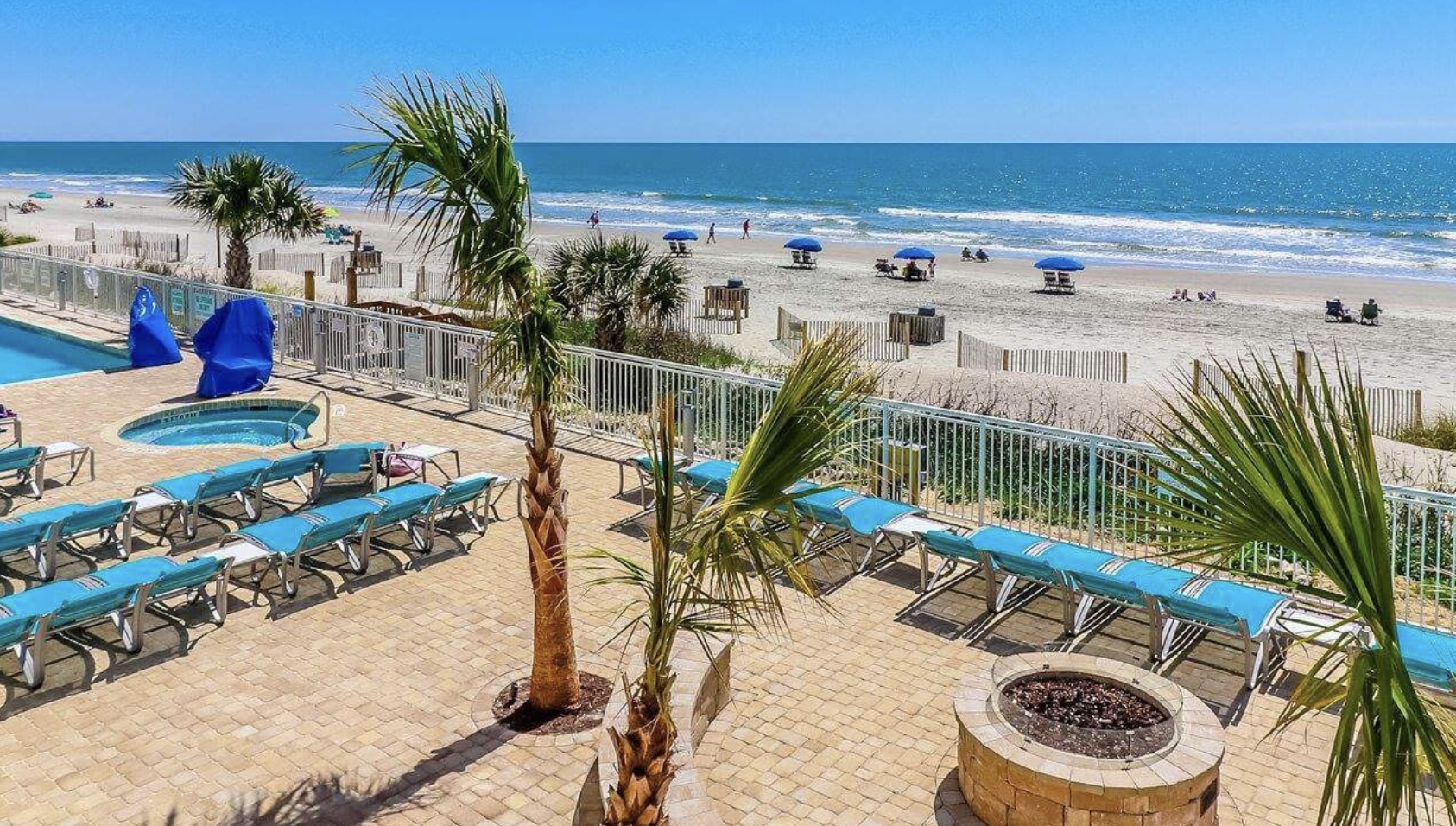2026 New Testament Symposium

Date(s): May 28-30, 2026
Location: Surfside Beach, South Carolina
The Evangelical Foundation for Biblical Research warmly issues this invitation for a small group of New Testament professors and pastor-scholars to gather for a symposium focused on the role of the Holy Spirit (pre- and post-Pentecost) in spiritual formation.
Additional Details
One way that the Evangelical Foundation for Biblical Research (EFBR) fulfills its mission of “scholarship in the service of the Church” is through sponsoring small, focused conferences where scholars and practitioners address biblical topics relevant to today’s Church. For 2026, EFBR warmly issues this invitation for a small group of New Testament professors and pastor-scholars to gather for a symposium focused on the role of the Holy Spirit (pre- and post-Pentecost) in spiritual formation.
Like previous years, the 2026 conference comprises two concurrent symposia (OT and NT) and will be hosted at a lovely location that provides good conference spaces but also surroundings and local activities that make for a great location. EFBR will pay all conference costs, including lodging and meals, as well as travel expenses for participants. While participation in the full program is required—from Thursday evening to Saturday evening—Sunday night lodging is also provided (upon request) at no cost for those who wish a “free day” to explore the area. Spouses are cordially invited, and the spouses’ accommodations and communal meals (with planned excursions for spouses) will also be provided at EFBR expense (but the spouse’s travel is at personal expense). As in previous years, the goal is for the conference to produce rich discussion and a volume of essays for the life of the Church, with the expectation that it will be published by Hendrickson Publishers in our series. To this end, upon submission of a revised version of the paper for publication, the participant will receive a stipend of $500.
The Theme: The Role of the Spirit in Spiritual Formation
For 2026, both the OT and NT symposia are focusing on this topic. The NT group will address issues such as the role of Pentecost. Was this gifting of the Spirit for the advancement of the Church, or was it also for individual spiritual formation? Or is this the wrong question? Similarly, what role did the Spirit have in the life of a NT believer before Pentecost? What do the theologians who composed the Gospels indicate are the roles of the Spirit in the life of Jesus and discipleship? How do the NT letters frame the place of the Spirit in shaping the lives of believers? If worship is critical to formation—as many people think—then what does the NT teach about how the Spirit guides and animates worship? What can be said in the NT era about the inspiration of the Spirit in the composing, collecting, and canonizing of the Hebrew Bible and/or the Christian Scriptures? Related to this, as early Christians read and re-read the books of the law, prophets, and writings, what role or roles does the Spirit play in shaping what they read and how they interpret them?
But these questions must not remain in the first century. Some regard the Holy Spirit as the neglected member of the Trinity for many western Christians. What can we learn from the majority world churches and influential leaders about openness to the work of the Spirit? In spiritual formation, what can, or what should, be expected of the Spirit in advancing the Church’s mission and in shaping individual lives? What resources from the NT can be mined to shape the moral, ethical, ecclesial, and spiritual lives of believers and their congregations? How can the reception history of passages regarding the Spirit influence spiritual formation today? What impediments do modern Christians face in coming to grips with the Spirit?
This small group of select NT scholars will research and compose papers that will be presented to their colleagues at the symposium. Formal dialog will take place in the sessions; informal around breaks and meals. Designated communal times will also include our OT colleagues as we seek to broaden the discussion.
Once the symposium is completed, scholars will return home to refine their essays within six months for submission to Hendrickson Publishers.
Abstract Submissions
The proposal process has officially closed. Thank you for all the fine submissions.
The committee will select the NT symposium papers, and the coordinator will notify all applicants before December 31, 2026, and provide additional information. Selected participants must confirm their participation before January 31, 2026.


